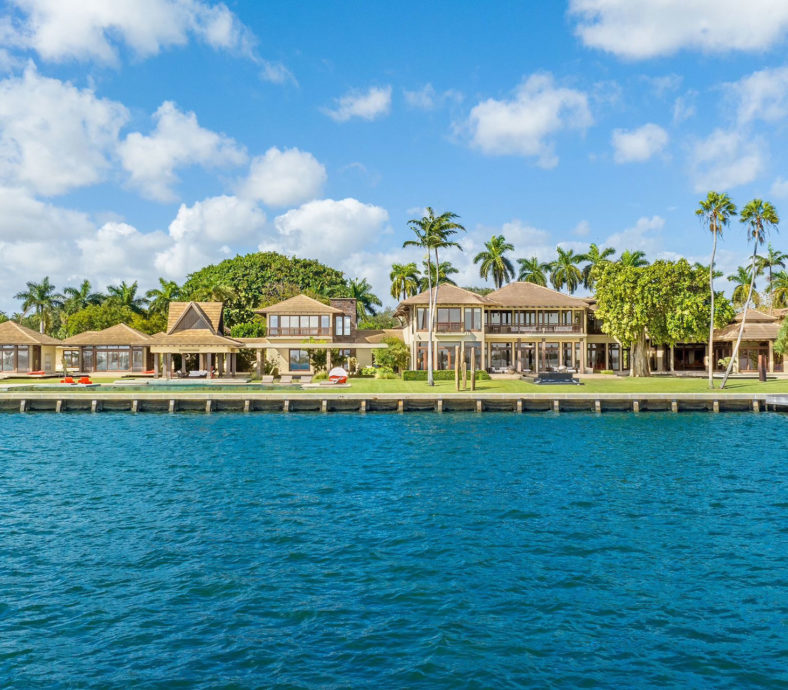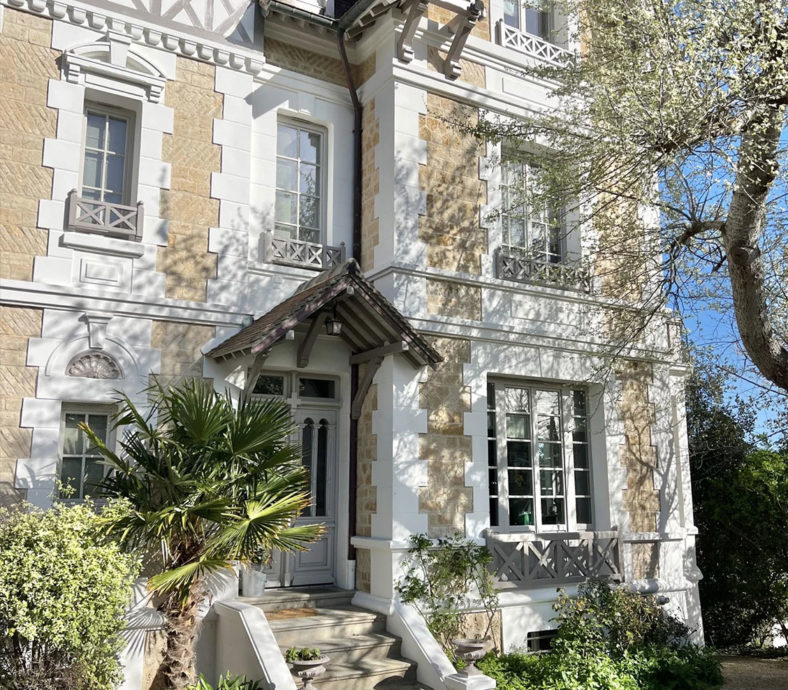Real estate/ A WORD FROM THE NOTARY
Heritage: How to Donate a Real Estate Property?

Notary in Paris
Oscar Wilde said: “I am not afraid of death. What terrifies me is the approach of death.” Death is inevitable, and while this reality continues to scare us, discussing it allows us to plan for the practical aspects associated with it.
In the event of death, and in the absence of a donation and/or specific testamentary provisions organizing the distribution of the estate among heirs, they will face several civil and tax issues. Civically, they will be subject to the rules of joint ownership and, in case of disagreement, will need to go to court to request the sale of the property to end the joint ownership. Tax-wise, the assets in the deceased’s estate at the time of death will be subject to inheritance tax based on their full ownership value at that date, not including the costs and duties related to the distribution if the heirs do not wish to remain in joint ownership.
Anticipating the settlement of one’s estate through a donation can be an effective way to transfer assets while avoiding potential conflicts among heirs and benefiting from significant tax advantages.
Real Estate Donation and Tax Aspects: Property Dismemberment and Allowances in Direct Line
A parent can choose to donate a property to one or more of their children while retaining usufruct of the donated property. Usufruct allows the donor to keep all the rights related to the enjoyment of the property: the usufructuary can occupy the property or receive its rents. Taxation is reduced as only the value of the bare ownership is taxed, and upon the donor’s death, the usufruct will end without generating additional tax. The distribution is based on a tax scale established according to the usufructuary’s age.
Children benefit from an allowance on the donated value of €100,000 per parent, renewed every fifteen years. Beyond this allowance, taxation is applied according to a progressive scale.
Example: A father dies without having made any donations. He leaves two children and a fortune composed of two properties worth €500,000 each. The children will each receive €500,000 according to the rules of legal succession in the absence of a will. After applying the €100,000 allowance, they will be taxed on €400,000 each, paying inheritance tax of €78,194 each and will be in joint ownership of the two properties.
If he had made a donation of the bare ownership of the properties to his two children, at age 66 for example, his lifetime usufruct would have been valued at 40%. The value donated in bare ownership would have been €300,000 (60%) for each property. With the allowance of €100,000 per parent and per child, they would have been taxed only on €200,000 and would have had to pay inheritance tax of €38,194 each, resulting in a total saving of €80,000. Good to know: the tax administration considers that the payment of the tax by the donor is not taxable.
Real Estate Donation and Civil Aspects: Simple Donation or Donation-Partition of a Property?
A simple donation involves giving a property but taking it into account during the settlement of the donor’s estate based on its value at death to determine the distribution of the estate among the heirs, which can be a source of difficulty.
A donation-partition is a preferred tool as it offers multiple benefits. Its two main advantages are that it is not included in the estate for the purposes of determining the share at the time of succession and it allows the values of the donated properties to be fixed at the time of the donation for calculating the heirs’ reserved share and the available portion, which will not need to be re-evaluated at the opening of the succession. Thus, a donation-partition differs from a simple donation in its effects at the time of succession.
Example: A father has three children, Jeanne, Julie, and Pierre. In 1997, he donates €100,000 to each of his children. With these funds, Jeanne bought a property in Paris worth €100,000, which is now worth €400,000 at the time of the father’s death. Julie bought a luxury SUV worth €30,000 at the time of death, and Pierre went on a world tour.
The deceased did not leave a will, so the rules of legal succession apply. The deceased, having been divorced, leaves assets worth a net total of €600,000. Previous donations are accounted for to determine the estate to be shared among the three children as if no donations had been made. The amount given to Jeanne having fully contributed to her acquisition, the report amount is €400,000. The report of a sum of money is its nominal amount in the absence of investments or if the depreciation of the acquired property was inevitable at the time of acquisition, i.e., €100,000 to be reported by Julie and Pierre.
Assuming values remained unchanged since death, the estate to be shared, due to the report, amounts to €600,000 + €400,000 + €100,000 + €100,000 = €1,200,000, or €400,000 for each. Julie and Pierre benefit from the capital gain realized by Jeanne. Jeanne, having already received a property whose updated value is €400,000, will have no claim on the existing assets, while Julie and Pierre, who initially received the same amount, will each take €300,000 from the existing assets. Had this sum been given in the context of a donation-partition, the estate division would include only the existing assets at the time of death, i.e., €600,000. Each child would receive a third, i.e., €200,000, without considering the previous donation.
How Much Does a Real Estate Donation Cost?
Donation rights will be calculated on the actual market value of the assets received by each recipient as declared by the parties. A real estate security contribution of 0.10% is due, along with a land registration tax of 0.715%, both calculated on the value of the transmitted assets.
Capital gains tax is not applicable in the case of a donation. Moreover, a donation before the sale that clears latent capital gains must be carefully prepared with a liberal intention and producing effective patrimonial effects.
Donating real estate requires the intervention of a notary. The notary’s fees are based on the value of the assets given in full ownership and set by ministerial order.
The notary will help you anticipate your succession by arranging your assets during your lifetime. And if preparing for the end of life could allow you to face it more peacefully?
Sources : Notaires du Grand PARIS



